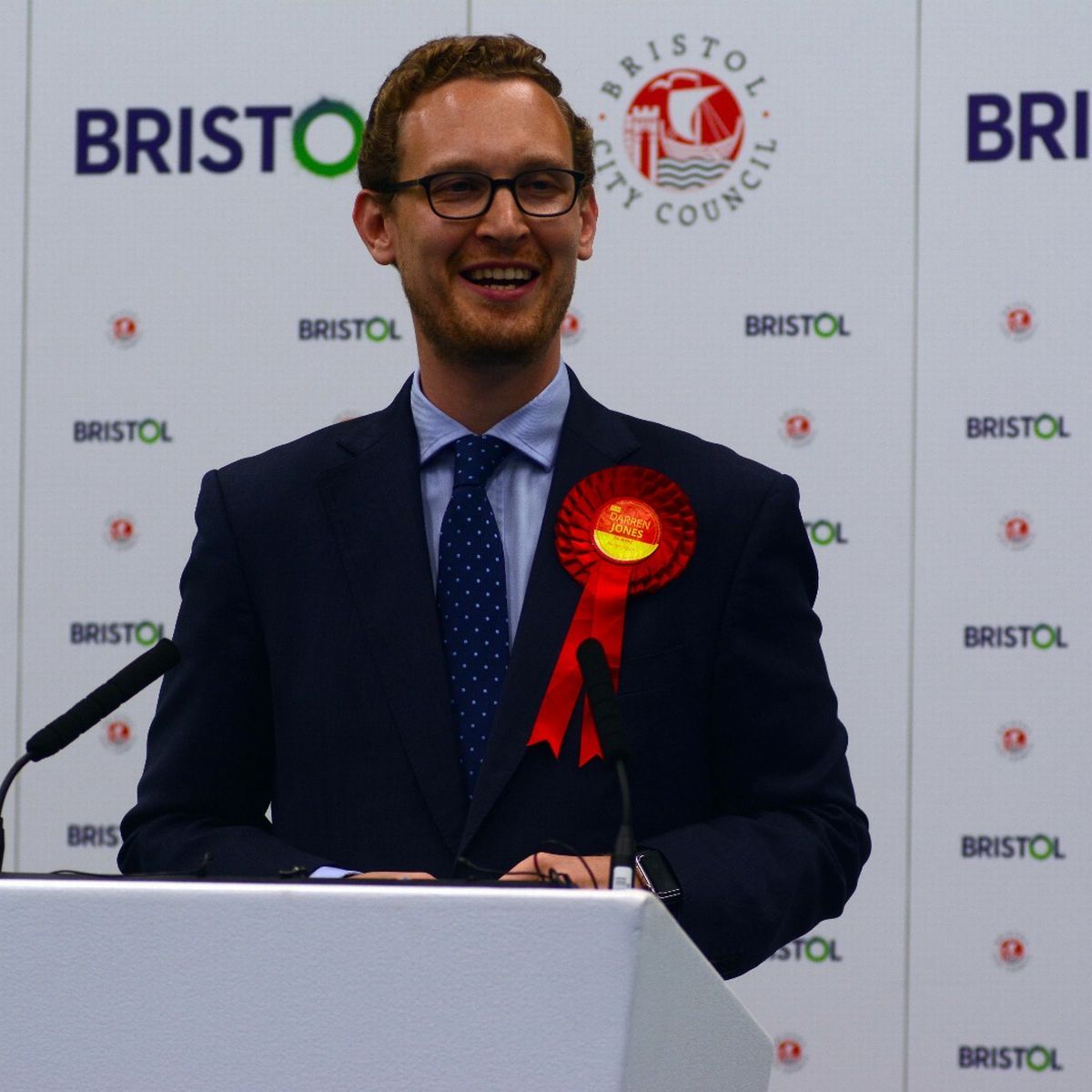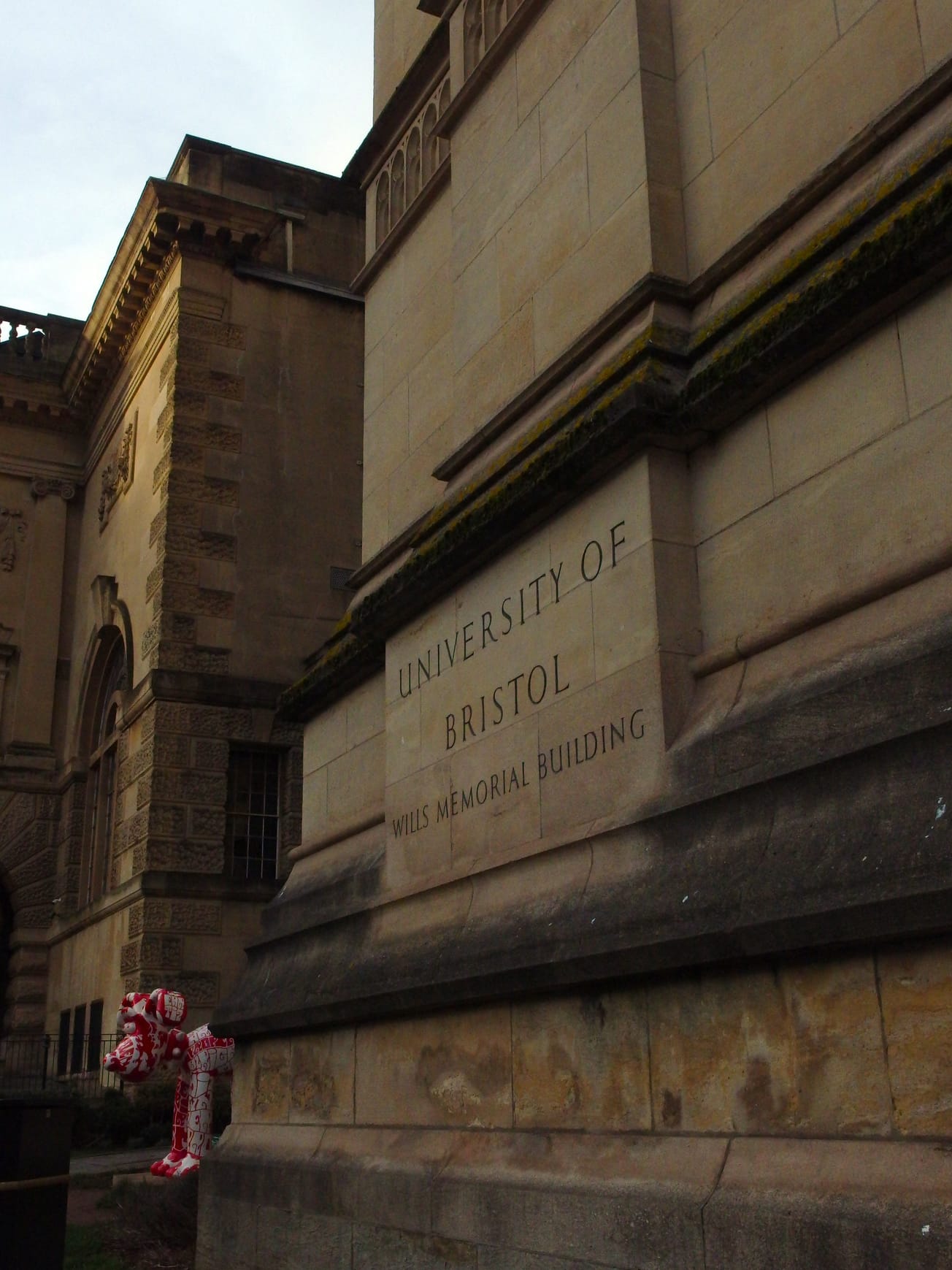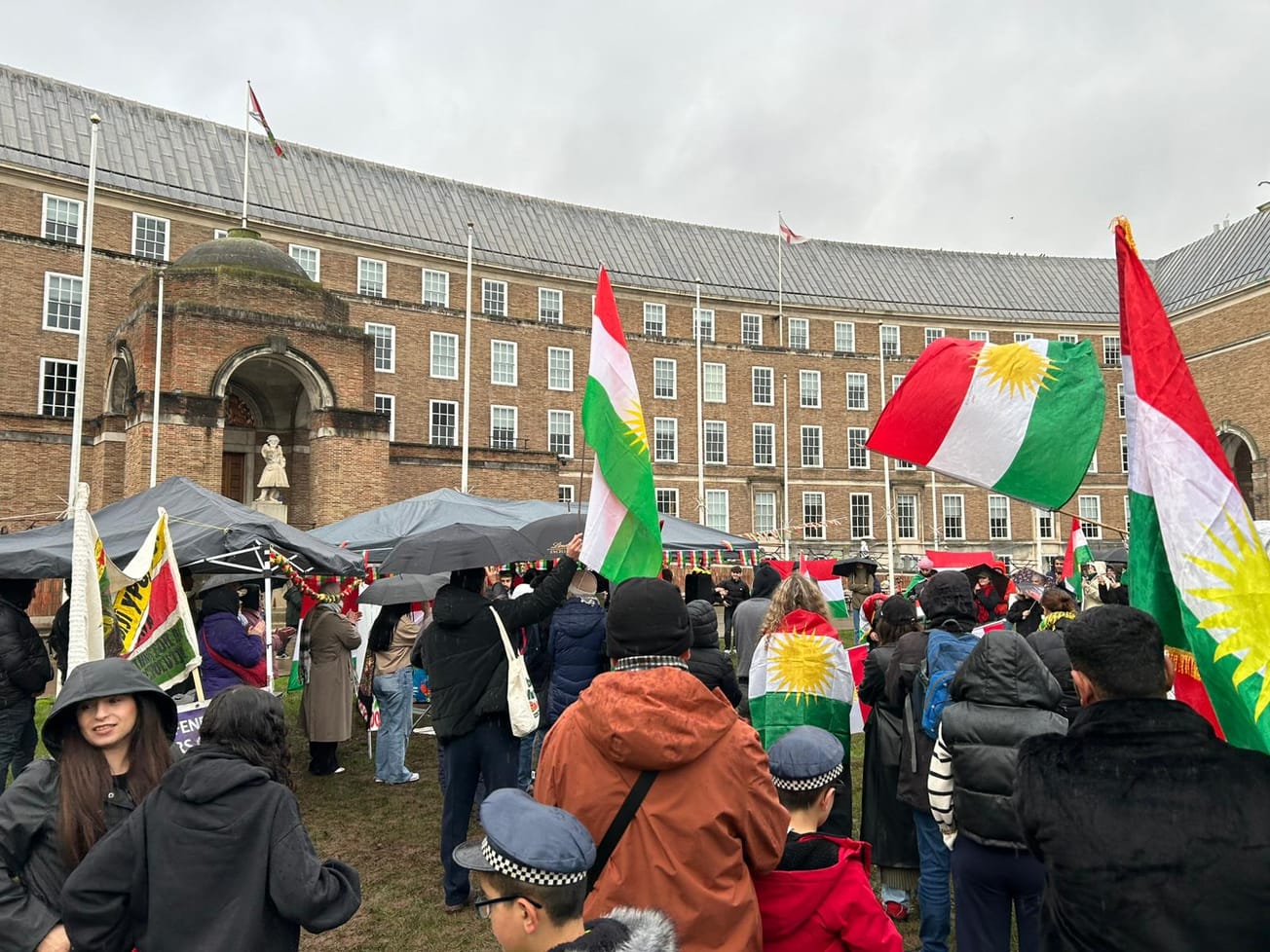By Daniel Virin, First Year, Economics and Politics
Epigram interviews Darren Jones, the Labour MP for Bristol North West, in a conversation about a range of issues including student housing and trust in politics.
Known for his commendable work in holding corporations accountable as the Chair of the Commons Business Select Committee since 2020, Jones has been at the forefront of numerous clashes with the likes of Royal Mail, Amazon and P&O over their treatment of employees.
"Do you not see there's a problem?"
— PoliticsJOE (@PoliticsJOE_UK) December 31, 2022
"There's an algorithm here tracking a human worker."
Labour MP Darren Jones absolutely slates Amazon's European head of public policy over their dystopian surveillance of workers. pic.twitter.com/tJx4Ip1mzK
Having studied Bioscience and Law at the University of the West of England, Jones' transition into politics might seem surprising. He explains his motivations, which were deeply rooted in his upbringing.
DJ: ‘I come from a pretty traditional working-class background in my constituency. My mum and dad both worked but we were pretty poor.
‘I remember the positive impact of the 1997 election, both for my parents being paid the national minimum wage, and the government investment in the ‘Gifted and Talented’ programme for kids like me who were academically able but had no family experience of further education. I saw the difference politics could make to people in my community’.
Jones thinks the main way Bristol has changed since his childhood in the 1990s is the cost of living in the city and he recognizes the concerns that students may have around the housing crisis.
DJ: ‘It has become much more expensive to live here, that’s the key pressure for many people from backgrounds like mine. It’s a great university and a great city, but if you can’t afford to live here, that limits your opportunities to study here which is a great shame.’
When it comes to tackling this issue, Jones advocates for institutional change.
DJ: ‘The best way of solving this, other than helping constituents on a case-by-case basis, is to persuade my colleagues to do things differently and to try and secure a Labour government.’
The conversation then shifts towards the Conservative government's spring budget announcement and Jones expressed his dissatisfaction with it.
DJ: ‘It was clearly a budget for the end of a parliamentary cycle. There’s only a year left until the General Election. That was the theme throughout the budget – it was trying to set some of the election narratives and pushing some of the election decisions to the next government.’
He acknowledges the large childcare offer within the budget but questions its financial feasibility.
DJ: ‘They didn't say how they were going to pay for it. It was a fictitious way of trying to scrape some money off departmental spending and put it into childcare.’
Our conversation also touches on the controversial Illegal Immigration (or "Stop the Boats") bill, which Jones is sceptical about:
DJ: ‘This is just a political strategy. They know the legislation isn’t going to do what they say it’s going to do because they tried to legislate on this issue a year ago and it didn’t work.’
Of course, discussing the Conservative Party inevitably leads to Boris Johnson. Amidst the “Partygate” scandal, Jones offers his insights into Johnson's political future and the precedent he has set.
DJ: ‘Boris seems to have this ability to keep going through things that you’d think would finish someone off. He’s willing to do whatever he needs to do to get his way without any reference to rules. It’s tarnished politics and politicians more generally.’
Watch live: Former prime minister Boris Johnson appears in front of the privileges committee as he is questioned by MPs on whether he knowingly misled parliament over partygate https://t.co/WUnquWvHqf
— Sky News (@SkyNews) March 22, 2023
https://t.co/m32y58cMtV
In light of the recent exposé by Led by Donkeys where MPs were interviewed for a fictional advisory role, Jones believes that more stringent regulations are needed concerning MPs holding extra jobs.
DJ: 'There’s room for improving the rules. The Labour party said it would ban second jobs apart from a few exempted jobs.'
Reflecting on the erosion of public trust in politics, Jones believes a handful of MPs are impacting the reputation of the majority.
DJ: ‘The public just sees more news reporting of politicians misbehaving. A minority of MPs are ruining it for a vast majority of us. A criticism of politicians is they promise things at elections and don’t deliver them. We need to be clearer about what is achievable.’
To wrap up our insightful conversation, I questioned Jones on his vision for altering the UK political system.
DJ: ‘I would quite like to change the voting system and have a more proportional system’, the Bristol North West, MP rounds off, expressing his hopes for positive change.









